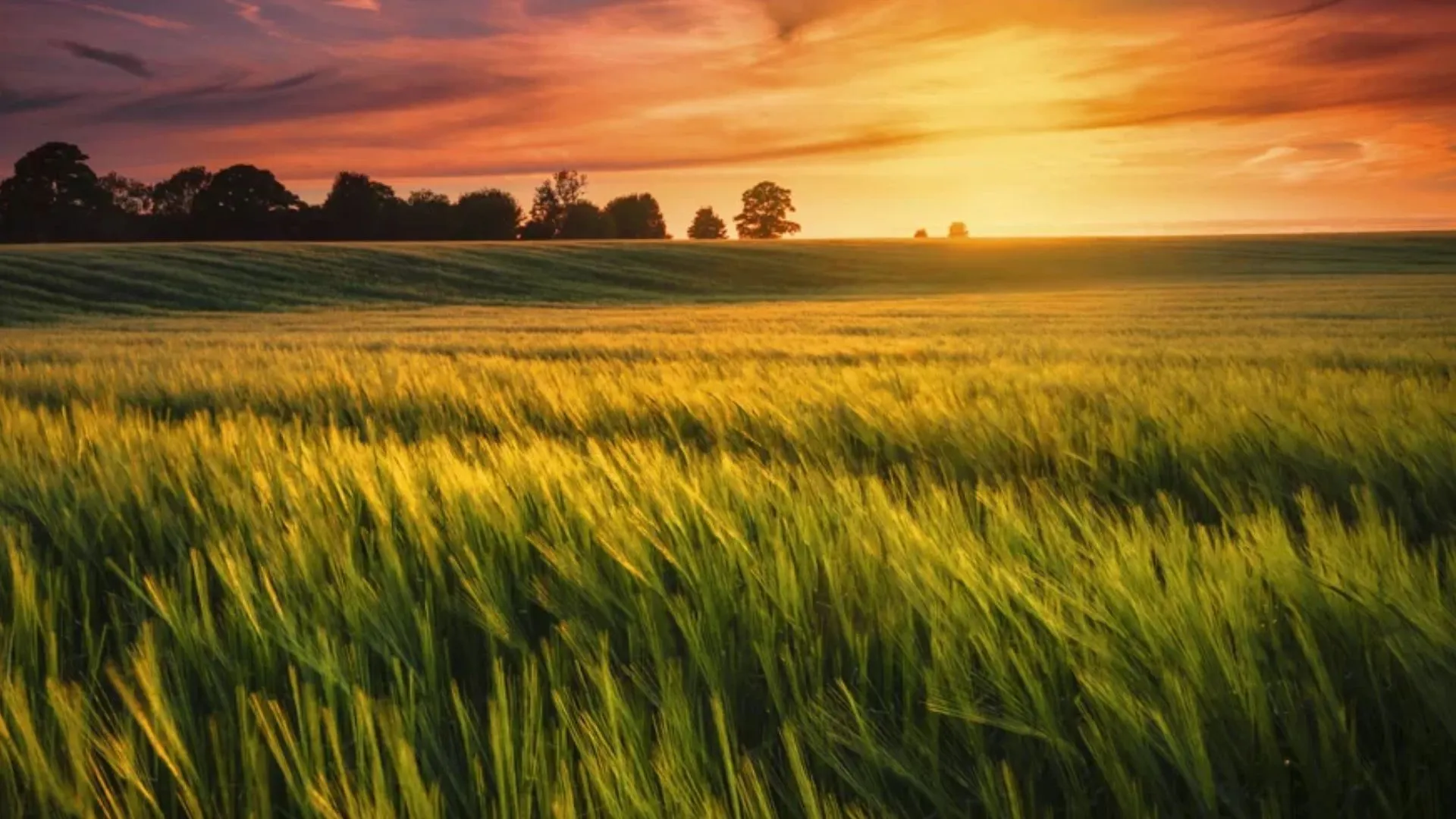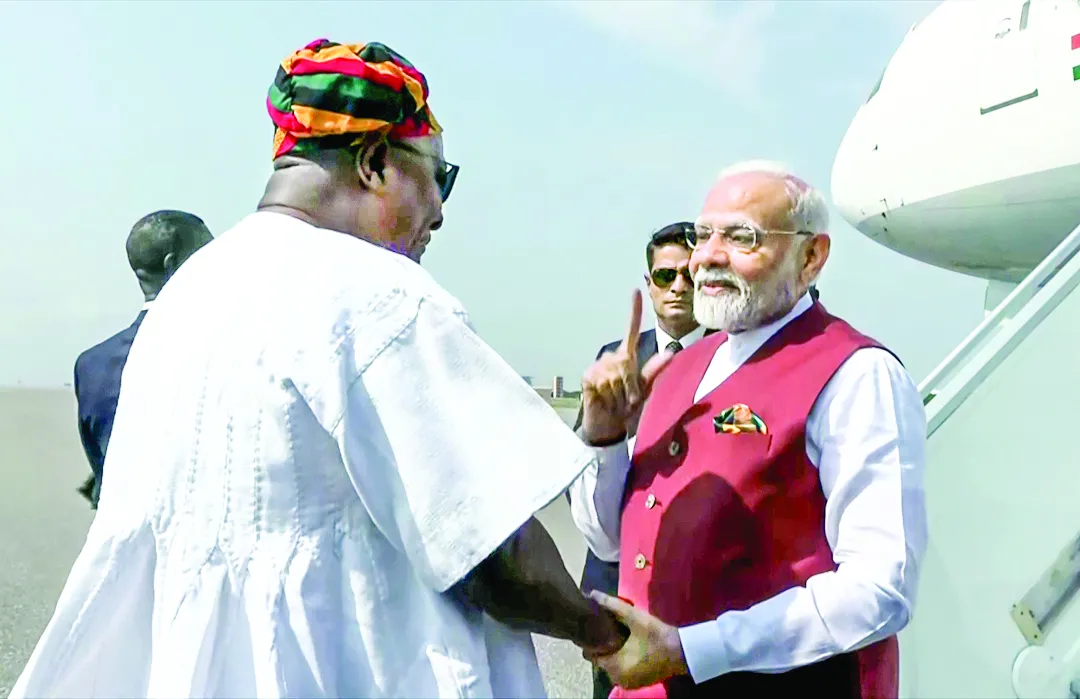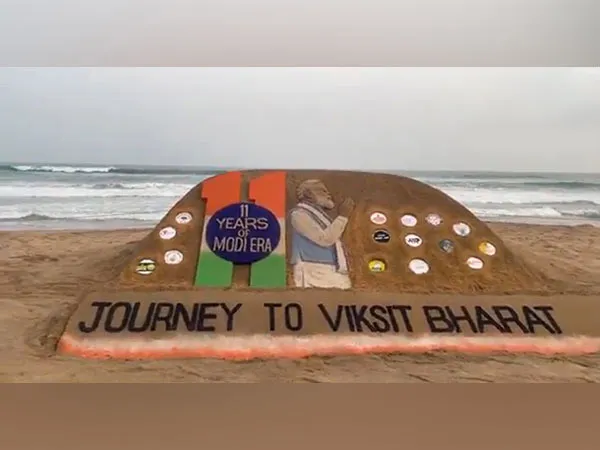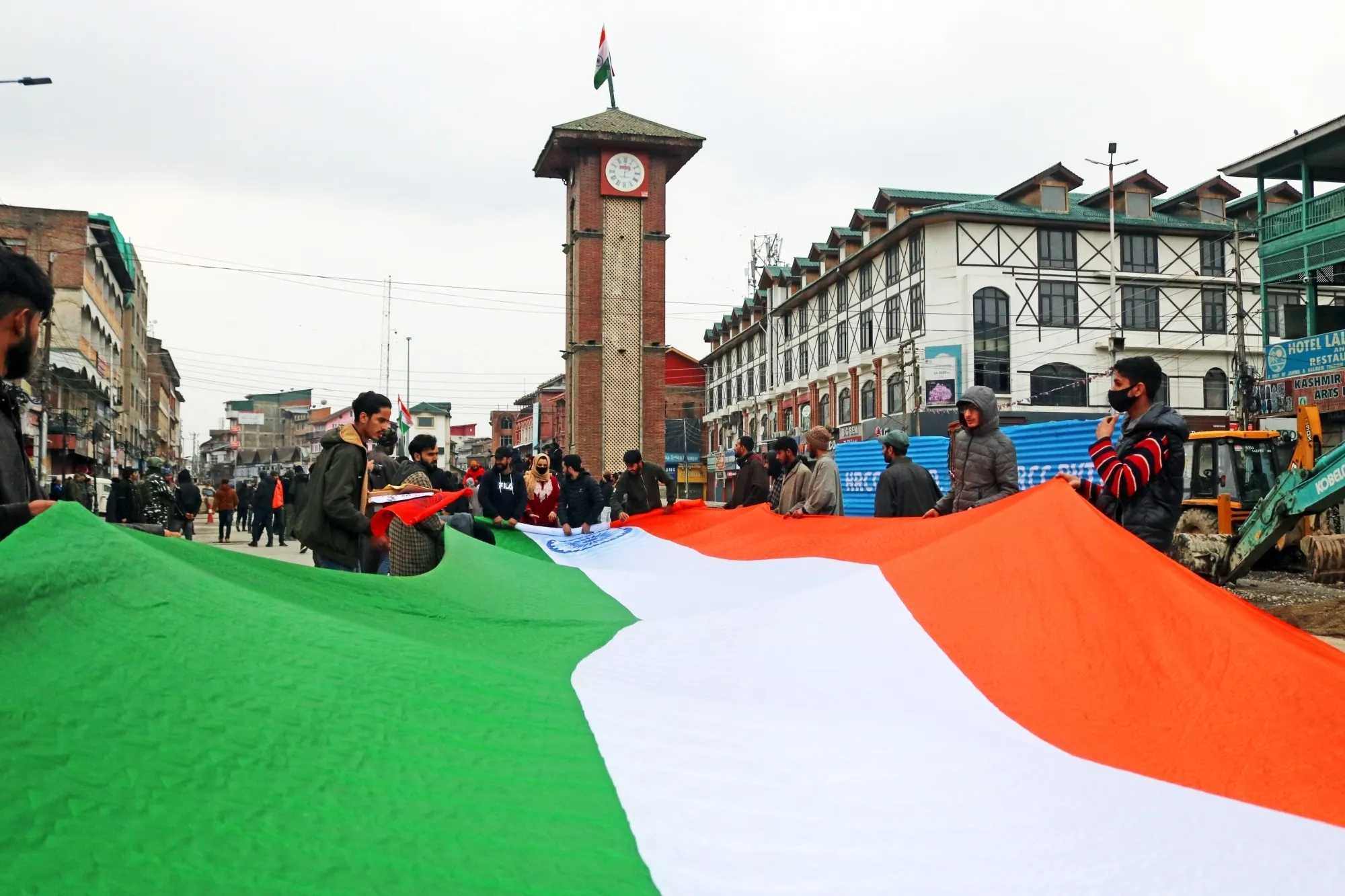Whenever we talk about land, we try to think it in term of resource over which we can claim our rights ‘to’ and ‘over’ the property. Other than claiming our rights over land which gives us a sense of power, prestige and an identity to showcase to the society the extent of land we own is synonymous to our wealth and status in the society, land has also been exploited for development. GDP centric economic growth has exploited land to build skyscrapers, capital intensive infrastructure, dams, hydropower projects, ports, airports and highways.
The Collins dictionary defines land as ‘an area of ground, especially one that is used for a particular purpose such as farming or building’. This definition is extremely myopic in its understanding of land and brings down the utilisation of land as a commodity or resource whose systematic use is essential to fulfil the public purpose of food security and for building infrastructure which is important for the survival of human race.
But have we ever questioned ourselves what is the true essence of land that is a giver of everything that humans need for their existence and survival. Have we questioned that in this one-way transactional relationship which we have with land, have we not destroyed the natural habitats of land. Have we ever questioned why accumulation of land has always been uneven across the communities between the ‘haves’ and the ‘have nots’. Our greed to conquer infinite wealth by exploiting this finite resource has trespassed beyond the carrying capacity of land and has culminated in destroying the natural habitats that have ever existed in the form of forests, wetlands, mountains, aquifers, coasts and mangroves. The impact of the destruction of natural habitats can be witnessed from the rise in the intensification of disasters. The fragile ecology of land has been subjected to the might of development and the discourse of development has been uneven thus depriving the fragile communities of their natural habitat. The way land has been exploited is also synonymous to the nature of state that gives it legitimate power to over-exploit land for public good.
Land, I would say is a living entity and an assemblage of different organisms including plants, animals, and microorganisms whose survival is synonymous with the existence of land. However, when we over exploit land, it also destroys the natural habitats of the living beings. Land as an idea needs to transcend beyond the market oriented definition of seeing it as a commodity or a resource. The real essence of land can be understood as a giver for the needs of the human race and not their greed. In the Prithvi Sukta, a hymn in Atharva Veda land is defined as “Land is my mother, I am the son of the land”. Land is understood as the mother of the entire biosphere, the one who conceives, generates, feeds and makes her progeny independent and is supported by divine law. In this essence of understanding land, does it gives any power to human race to destroy land to satisfy their infinite desires and passions. It is only when we have understood the real essence of land we can achieve a sustainable model of growth that is based on inter and intra-generational equity and justice.
The author is Assistant Professor, Department of Policy and Management Studies, TERI School of Advanced Studies.























